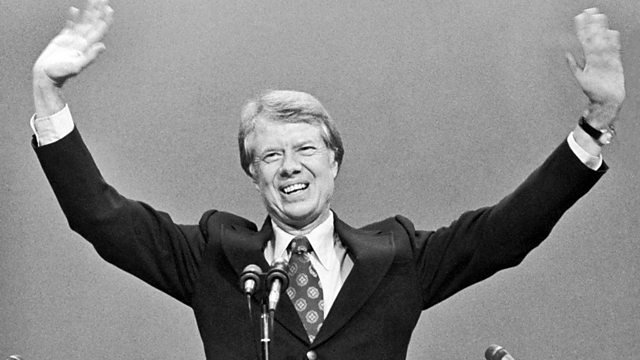In 1976, Jimmy Carter emerged as a beacon of hope for many Americans, securing the presidency in a time of widespread disillusionment. His victory marked a shift in the political landscape, as he ran on a platform promising honesty, integrity, and a departure from the Watergate scandal that had shaken the nation.
Carter, a former Georgia governor and peanut farmer, appealed to voters with his outsider image and a promise to bring a fresh perspective to Washington. His genuine demeanor and focus on human rights resonated with a populace yearning for change. His background as a Naval officer and a successful businessman gave him a multifaceted appeal.
Upon assuming office, Carter faced a myriad of challenges, including economic struggles and an energy crisis. Despite his notable achievements in brokering peace between Israel and Egypt, his presidency was marred by obstacles, such as high inflation and the Iranian hostage crisis, which ultimately impacted his popularity.
His commitment to moral values and diplomacy, however, remained a hallmark of his tenure. His post-presidential years have been marked by extensive humanitarian work, showcasing his unwavering dedication to causes like eradicating diseases and promoting peace through the Carter Center, a non-profit organization founded by him and his wife, Rosalynn.
Jimmy Carter’s presidency was a mix of triumphs and trials, but his legacy as a humanitarian and advocate for justice remains indelible. His ability to unite people and his unwavering commitment to human rights continue to inspire generations, emphasizing the significance of integrity and compassion in leadership.
newshub



Recent Comments